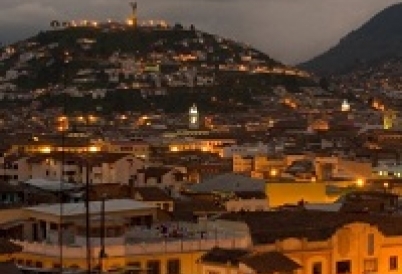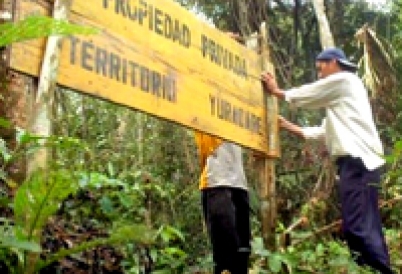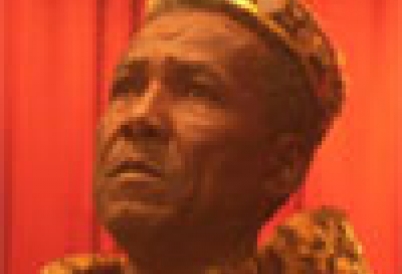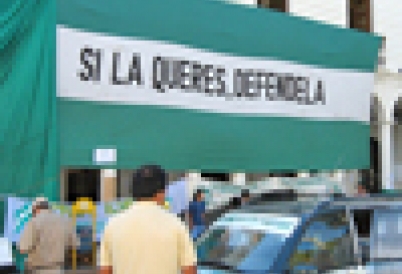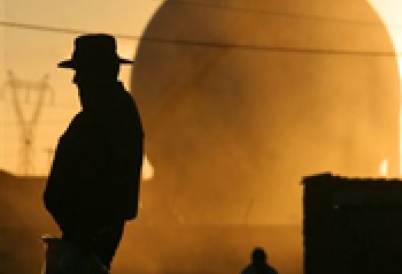El alcalde describe cómo ha convertido a Tarija en un modelo de buen gobierno durante sus 11 años de gobierno, así como el logro en construir un puente entre los sectores público y privado.
Entrevista Exclusiva: Alcalde de Tarija, Bolivia, Oscar Montes
Indigenous and Presidents Clash in Ecuador and Bolivia
"In both Ecuador and Bolivia, the rhetoric of political inclusion is crashing into the politics of identity and collective rights," writes AS/COA's Christopher Sabatini for The Huffington Post.
Indigenous Protests Oppose Amazon Highway in Bolivia
Indigenous Bolivians from the country's Amazonian lowlands are fighting a presidential plan for a transoceanic highway.
New Revelations in Bolivian Terror Case
/
Pablo Ortiz and Liliana Colanzi
An April 2009 raid by Bolivian counterterrorist forces is again being called into question.
Energy Price Hikes Spark Strikes in South America
Protests in southern Chile over proposed fuel increases cast a spotlight on rising energy costs and echoed recent Bolivian demonstrations.
2011 to Bring a Hungrier Latin America
/
David Schreiner
As natural disasters impact crop yields and global food prices continue to rise, experts worry that food scarcity will continue to haunt Latin America’s poor and vulnerable in 2011.








